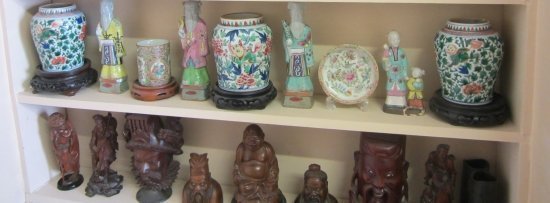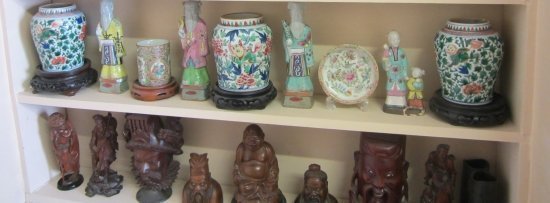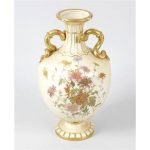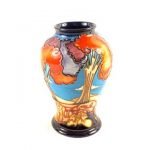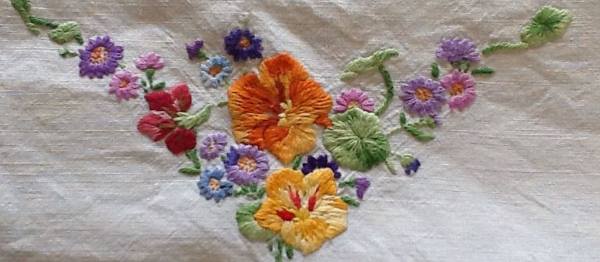Occasionally, an appraiser is confronted with items in homes that merit some consideration before placing values on them. Notably, are the stuffed birds, which appear under glass domes. They may be covered by the Endangered Species Act of December 1973 – so perhaps they are illegally owned. Is it proper to appraise items for which the owner might be prosecuted if authorities learned about them? Several homeowners were up- tight when so informed – this priceless collection of birds that grandmother handed down, must have museum value, etc… I have always advised not to insure such items. Actually, they have a negative value – once their location appears in print, who knows who may gain access to it. I have wondered if an appraiser is liable if he or she does not report observations to the proper authorities. Once, we did an auction at a home where the owners were raising pot in window boxes. We were glad to get out of there.
Back in 1975, in its publication, FIELD NOTES, the NH Fish and Game Department made reference to the unauthorized ownership of lobster traps. Tracking this down for an article on it, the commissioner sent me a letter and copy of the law which indicated under RSA 211:31, “Limitation. No person, except the owner or a conservation officer shall take up, lift, molest, or transfer any pot, trap, car or other contrivance that is set for the taking or holding of lobsters or crabs; nor take, remove or carry away from any beach or shore, any such pot, trap, car or other contrivance or warf or buoy, thereof, without the written permission of the owner, thereof. In addition to the penalty for violation of this section, said person, if he holds a license shall lose license for one year. RL 245:48. A person convicted of a violation of RSA 211:31 shall be guilty of a misdemeanor”.
The punishment for such violation was stated at no less than 50 dollars nor more than 200 dollars. Maine has such a law, as well; Subchapter 4, article 2, paragraph 4457, issued by the Maine Maritime Resources Commission.
Actually, anyone purchasing a trap or buoy, should have a written bill of sale, signed by the owner. Antiques shops which carry them, may have them in violation of the codes. What does one do in a home, in the absence of a bill of sale? I leave them alone and refuse to appraise them.
The same goes for used bedding, mattresses and box springs. In New Hampshire, it is illegal to sell used bedding, so it really has no intrinsic value. I cite to the owners, they should locate their original bills of sale and from these make claims if they are burned, stolen or destroyed in a move. It is best to let the insurance agents deal with this one.
Naturally, an appraiser does not want to get involved, so seeing a stuffed parrot which once was a family pet is not a happy occurrence, but best to be overlooked.
Re: whale’s teeth – I would recommend the owner rely on the bill of sale for value. Carrying whale ivory over state lines is still a gray area, best left alone by appraisers.

